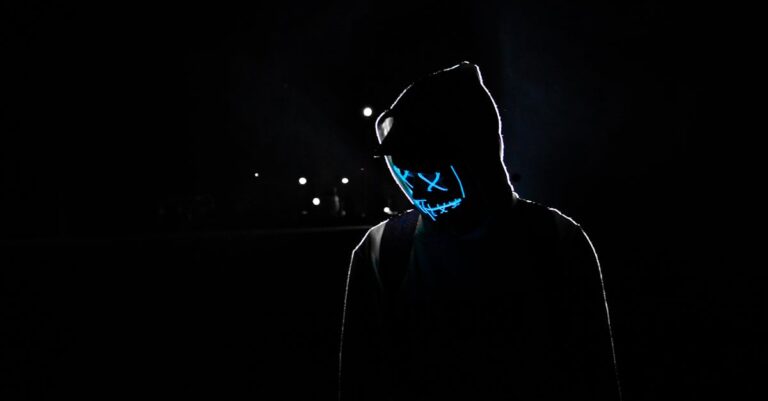
Dr. Elara Voss had always believed memory was a vault—secure, singular, hers alone. Until the day she woke with the scent of pine resin in her nostrils and the taste of copper on her tongue, neither of which belonged to her. The lab’s sterile air clung to her skin as she stared at the vial of NeuroCognitine, its liquid glinting like mercury. She’d injected it hours ago, a routine dosage for Phase Three trials. But the world had shifted. Her fingers trembled as she reached for the coffee mug on her desk, its handle warm, but the liquid inside tasted like burnt almonds and regret.
“You’re pale,” Marcus said, his voice cutting through the hum of the ventilators. He leaned against the doorway, arms crossed, his lab coat wrinkled. “You okay?”
Elara didn’t look up. The memory resurfaced—hers, or someone else’s? A child’s laughter, sharp and sudden, echoing in a forest. She blinked, and the image dissolved. “I’m fine,” she lied.
Marcus frowned. “You’ve been running the same simulation for three hours. The data’s consistent. You’re seeing what isn’t there.”
“It’s not hallucination,” she snapped, slamming her palm against the desk. The mug rattled. “I felt it. I *remembered* something that wasn’t mine.”
He stepped closer, his breath smelling of menthol and exhaustion. “You’re overworked. Take a break.”
“I’m not crazy,” she hissed, but the words felt hollow. That night, she dreamt of a man in a red coat, his face blurred, shouting into a phone. She woke drenched in sweat, the metallic tang of blood in her mouth. By morning, the memory had faded, leaving only a hollow ache in her chest.
Weeks passed. The incidents grew more frequent. A flicker of a woman’s panic in a crowded subway, the stench of gasoline and fear. A boy’s hands, blistered and raw, gripping a rusted railing. Elara began to track them, scribbling notes in the margins of her research logs—”Red coat man, 3:17 PM, 5th Ave.” “Boy at Pier 12, July 4th.” But when she showed Marcus, he laughed.
“You’re conflating empathy with telepathy,” he said, tossing her notes into the recycling bin. “This drug doesn’t work that way.”
“It *does*,” she insisted, but he’d already turned away, his back rigid. The lab felt colder now, the fluorescent lights buzzing like wasps. She started carrying a notebook, scrawling fragments as they came: a melody hummed by a stranger, the texture of rain on asphalt, a voice whispering, “Don’t trust the blue door.” She didn’t know if these were memories or projections, but they gnawed at her, insistent.
One evening, she found herself in a dimly lit café, the air thick with cinnamon and cigarette smoke. A man across the room was staring at her, his eyes dark and unblinking. Panic surged through her as a flood of images hit—fire, a woman’s scream, a car skidding on ice. She stumbled back, knocking over a sugar canister. The man stood, his face now familiar: the red coat, the same sharp jawline. His voice was a growl. “You shouldn’t have taken it.”
“I don’t know what you’re talking about,” she whispered, but the memory clung to her, visceral and raw. She fled, heart pounding, the café’s door swinging behind her. That night, she pored over her notes, searching for patterns. The red coat man appeared in three separate entries, each time linked to a different location. Was he real? A figment of her fractured mind? Or something else entirely?
The answer came in a lab report she’d overlooked. A patient from an earlier trial, Subject 07, had reported similar experiences—”visions of strangers’ lives, as if I’d lived them.” The file was sealed, marked “Confidential.” Elara’s hands shook as she accessed the encrypted folder, her login credentials bypassing the security protocols she’d helped design. The report detailed a side effect: NeuroCognitine caused bidirectional memory transfer, merging the user’s mind with others’ recollections. It was a flaw, a catastrophe. But why had no one warned her?
She confronted Marcus, who paled as she slammed the report on his desk. “This is why you’ve been dismissing me,” she said. “You knew.”
“We didn’t know it could *spread*,” he admitted, his voice tight. “The trial was terminated after Subject 07’s breakdown. But the drug’s effects… they’re unpredictable. You might not be the only one experiencing this.”
Elara’s breath hitched. What if the memories weren’t just hers? What if she’d absorbed someone else’s trauma, their fears, their secrets? She thought of the boy at the pier, the man in the red coat, the woman’s scream. Had they been real? Or was she unraveling, her mind a sieve for others’ chaos?
The final piece came in a letter she found in her inbox, unsigned but unmistakable: “You’re not the first. You won’t be the last. The blue door is real. Open it.” She stared at the words, her pulse a drumbeat in her ears. The blue door—she’d seen it in a memory, a flicker of a hallway with peeling paint and a single, rusted knob. Was it a warning? A trap? Or a key?
Elara stood at the edge of the lab, the city lights bleeding into the night. The memories had become her own, tangled and unrelenting. But so had the questions: Who had she been before the drug? What had she lost? And what would she become if she opened that door? The answer lay in the labyrinth of forgotten hours, and she was running out of time to find it.


